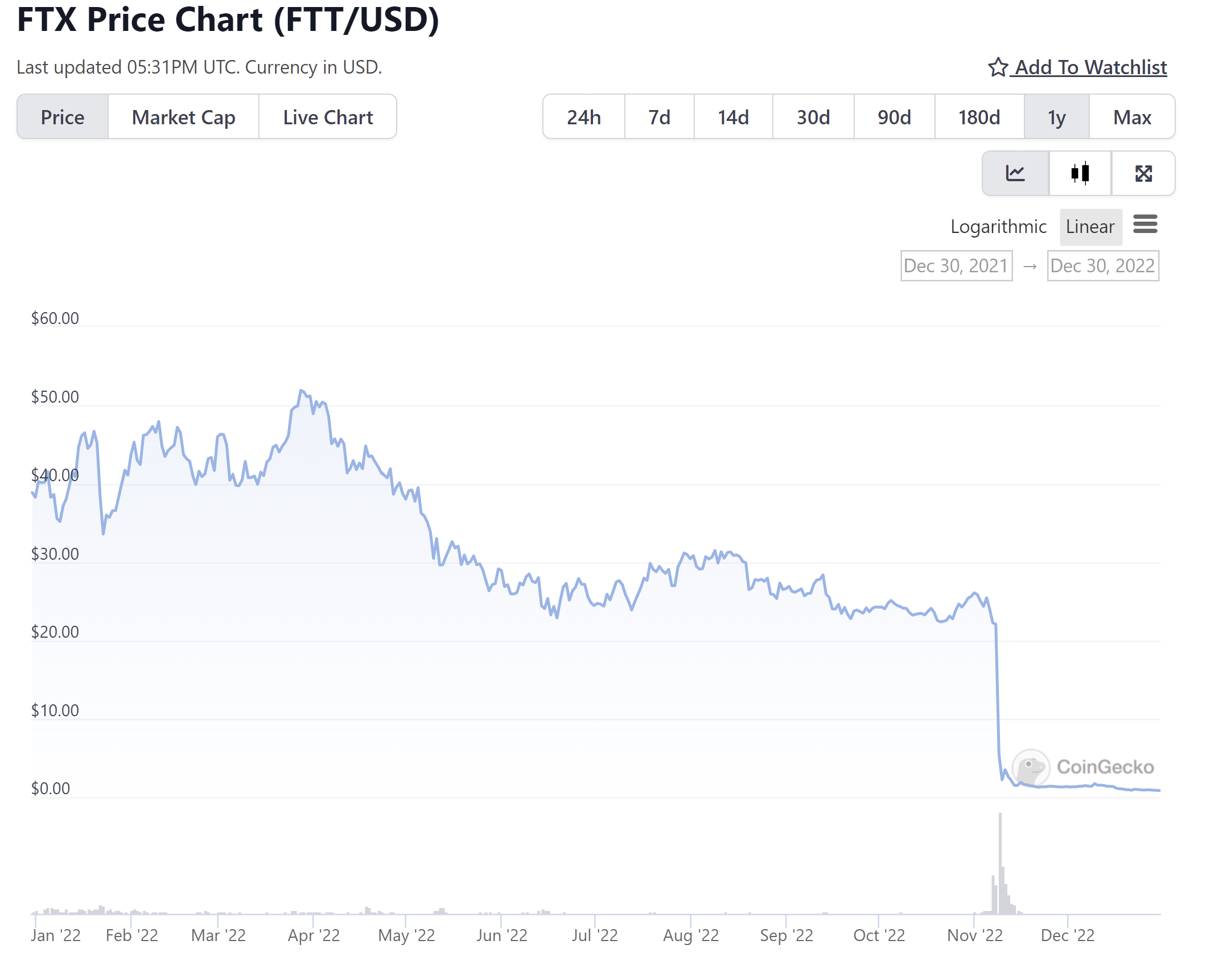Mad Hedge Technology Alerts!
Mad Hedge Technology Letter
July 17, 2024
Fiat Lux
Featured Trade:
(BUYER BEWARE)
(TIKTOK)

Sometimes the best way to become successful at investing in technology stocks is to avoid the black swan or the big disaster.
I hate to say it but investment risk has never been higher.
One question that keeps getting rehashed that I thought I might take time to address is the rise of the TikTok influencer-adviser.
According to a brief Google search, TikTok, known in China as Douyin, is a video-sharing social networking service owned by Chinese company ByteDance.
The social media platform is used to make a variety of short-form videos, from genres like dance, comedy, and education, that have a duration from three seconds to one minute.
Unfortunately, for serious retail investors lately, content has migrated into high-stakes themes like financial education and financial advising giving rise to content that is produced by video creators to get a piece of the financial industry.
Naturally, this has brought down the quality of the financial content on the internet to historic lows simply because most of the content is marginal at best.
These promulgators often preach about their status as “trading gurus” and often leverage the hype of digital currencies to claim they are fully invested in “crypto assets” and urge anyone reading to become one of their new “cult followers.”
They are also usually paid to market a “bulletproof” financial app or certain crypto asset to avid followers without properly disclosing that they are being paid for the advertisement.
This behavior is being encouraged by the TikTok algorithms who order this type of misleading content at the top of searches simply because it gets more hits being a click-bait type of content.
The more outlandish the videos become, gloating about get-rich-quick schemes and 1,000% daily returns, the higher up in the search queries they usually populate when filtered through TikTok algorithms.
These accounts are known as financial “influencers” and post 100s of such videos every month featuring fraudulent success or minimizing the difficulty of profiting through trading and a mix or mash of everything in between.
Even some proclaim to have unlocked the holy grail of trading and “guarantee” 100% returns or your money back.
Another speaking point they like to touch on is how video watchers can “also” afford wealthy lifestyles without having to work, at least in the traditional way.
To dumb down the travails of investing and trading to something easier than pouring a glass of water is a lie.
Many of these novice investors are duped into paying for exorbitant services that are nothing more than promotional buzz offering hyped-up marketing language as specific trading advice.
Unfortunately, US regulators have turned a blind eye to what is happening on this nefarious Chinese platform, and imitators are spawned daily and are certainly incentivized to do so.
While I must admit that regulating this type of behavior on TikTok is incredibly messy, to leave this unchecked will result in massive fraud for the little guy that I try to help.
The justification for ignoring these TikTok “influencers” is because there is even worse cybercrime taking place out there and the content these influencers are peddling is straddling the gray areas of the law.
But it’s not enough, and readers need to understand the heightened risks of diving feet-first into these TikTok polar vortexes where you just get whipped around unknowingly.
Pre-emptively protect your portfolio by avoiding these TikTok trading gurus is the order of the day.
As we enter the back half of 2024, the collapse of crypto broker FTX was a reminder of the large risks associated with investing in an unknown alternative asset class.
The TikTok crypto marketers were largely being sponsored by crypto exchange FTX.
They were peddling FTX’s own digital currency that was made out of thin air.
Anyone trading in this FTX in-house digital coin known as FTT lost most of their money as the CEO of FTX Sam Bankman-Fried was extradited back to the United States and found guilty in court.
FTX’s FTT coin went from $40 at the beginning of 2022 to 80 cents on December 30, 2022, highlighting the dangers of listening to fake crypto “trading gurus” on TikTok pushing FTT coin like there is no tomorrow.
Stay vigilant and happy trading and remember, there is no free lunch in trading.
It’s hard work earning your crust of bread.
Mad Hedge Technology Letter
July 15, 2024
Fiat Lux
Featured Trade:
(AI AND IMPROVED WORKFORCE EFFICIENCY IS HERE TO STAY)
(TSLA)



